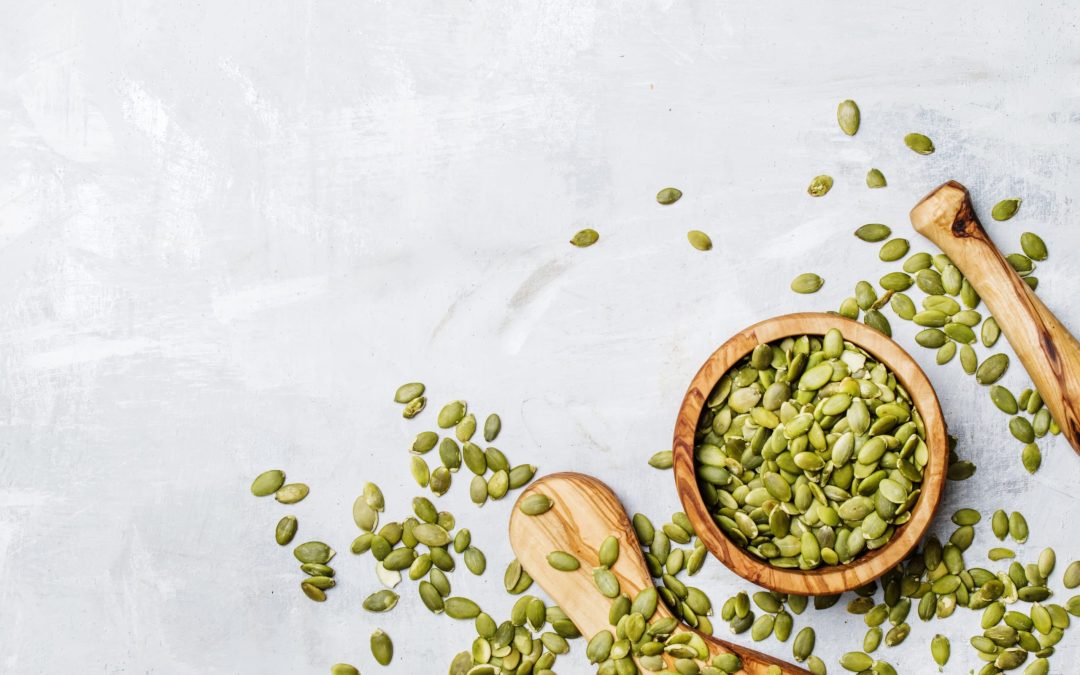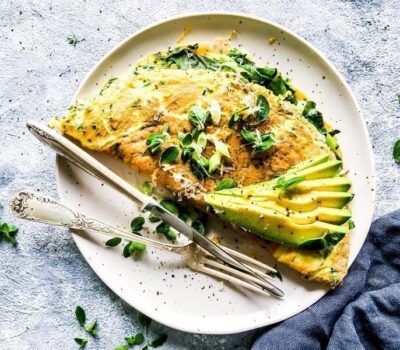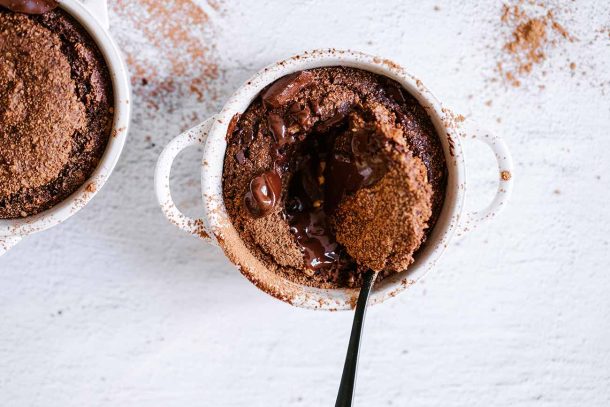Zinc is most commonly associated with immune function and healthy skin. As a result, this essential mineral is often found in cold and flu formulations, as well as in supplements supporting healthy skin. These are indeed amongst the many important functions in which zinc plays a critical role.
The importance of zinc in human health has only been identified as recently as the 1960’s, with more recent research suggesting that its roles in almost all levels of cell biology are far more extensive than first thought, including vital signalling and regulatory functions.
Overview of primary functions of zinc:
- Immunity
- Skin health
- Eye health
- Cellular metabolism and communication
- Blood sugar / insulin regulation
- Normal growth during gestation, childhood and adolescence
Over 200 enzymes involved in metabolism of protein, fats and carbohydrates require zinc, and due to its critical role of insulin metabolism, the implications for zinc deficiency include diabetes, obesity and altered lipid profiles. Studies have also suggested that women with Polycystic Ovarian Syndrome (PCOS) are also likely to be zinc deficient, particularly when insulin resistance is a feature.
Symptoms of possible zinc deficiency:
- Loss of appetite
- Frequent infections through impaired immunity
- Impaired growth, including delayed sexual maturation
- Hair loss
- Impaired wound healing
- Skin conditions
- Impaired taste
- Eye conditions such as age related macular degeneration
- Impaired nervous system and cognitive function
- Poor memory
- Behavioural issues
Certain medical and lifestyle factors may increase our requirement for zinc. This includes excess alcohol intake, metabolic disorders and restrictive diets. In addition, there is greater requirement for zinc in certain populations, including pregnant and lactating mothers, children, teenagers and the elderly.
Establishing zinc deficiency through serological or other laboratory testing has proven elusive. One test used by naturopaths is the Zinc Taste Test, which although not scientifically validated, may be useful as an adjunct test alongside clinical observations.
Food sources of zinc
The most abundant food source of zinc is oysters, with one serving providing up to 500% of recommended daily requirements. Other good sources include beef, poultry, and seafood such as mussels, lobster and crab. Plant based sources include beans, nuts, seeds (particularly pumpkin seeds) and whole grains. Some of these plant based sources may be less bioavailable however as a result of the inhibitory affects on absorption due to phytate content. If following an exclusively vegan diet, we recommend assessment by a qualified nutritionist to assess zinc status and prescribe supplements if required. Inappropriate supplementation may result in toxicity so we highly recommend consulting a professional. You can book in for a Skype consultation with co-founder of Healthy Luxe, Jen, here.

Recipes with zinc
If you’re looking to increase your zinc intake through diet try our Sesame Spiced Scallops (recipe on our app – it’s free to download!) or for a plant based option, try our Seed Crackers.







